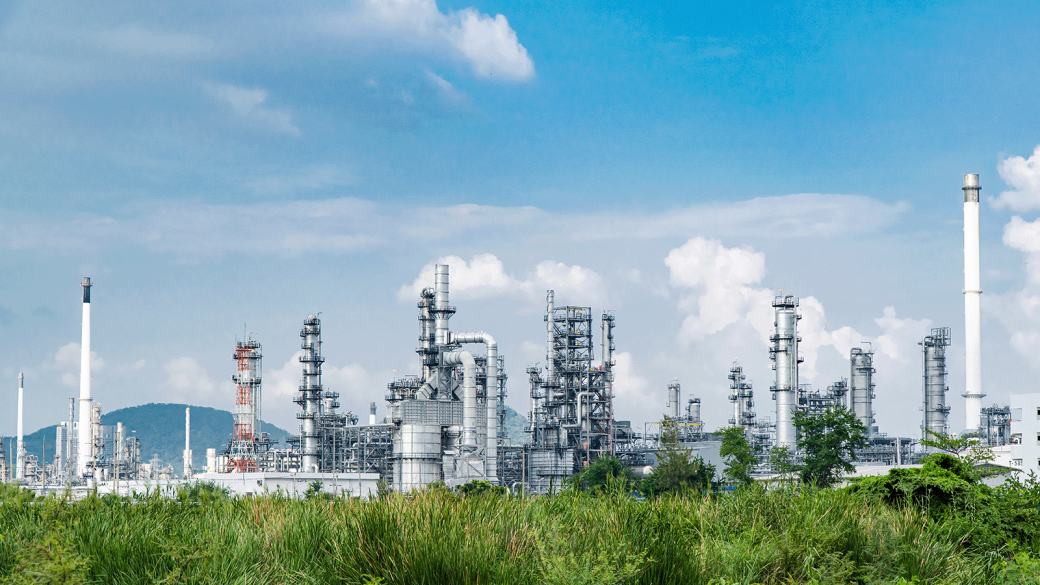
A European refinery set out to cut Scope 1 and 2 CO₂ emissions by 30% by 2030 while keeping billion-euro decarbonization projects economically viable. At the same time, it had to manage day-to-day operations in a market shaped by regulatory uncertainty, unclear subsidy timelines, and a shortage of skilled personnel. Its 2017 roadmap was no longer fit for purpose, making validation and economic reassessment essential.
In partnership with KBC, the refinery leveraged the Petro-SIM® process simulator and the Integrated Process, Energy, Emissions, and Economics Model (IP3EM) to test scenarios, assess risks, and refine its decarbonization pathway. A two-week assessment identified more than 100 opportunities to boost efficiency and reduce CO₂. Over 12 months, a comprehensive roadmap was co-developed that prioritized investments, integrated advanced technologies such as carbon capture and hydrogen, and aligned short-term operations with long-term sustainability commitments.
KBC’s digital twin approach identified a 26% reduction in energy consumption potential and validated a pathway to achieve the 30% emissions reduction goal by 2030. The analysis confirmed the need for more than €1 billion in CAPEX but ensured that projects were sequenced for maximum ROI. By de-risking strategies before implementation, the refinery avoided costly disruptions, strengthened operational resilience, and gained confidence in its long-term transition plan.